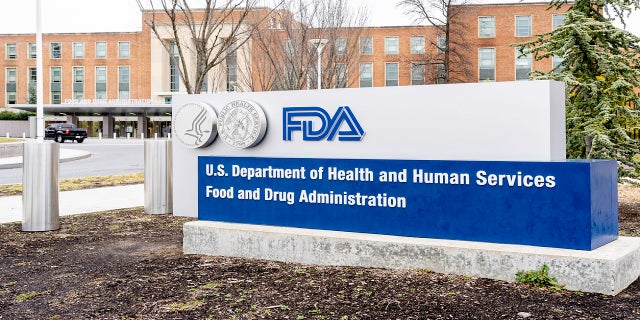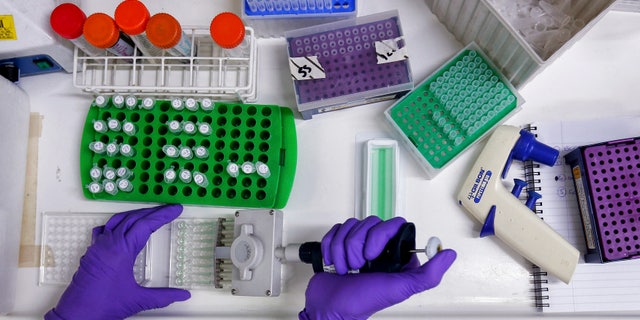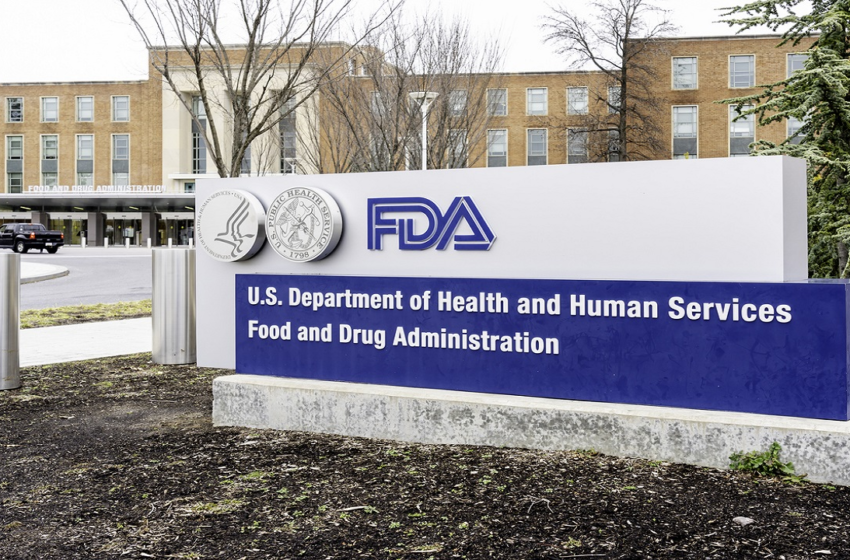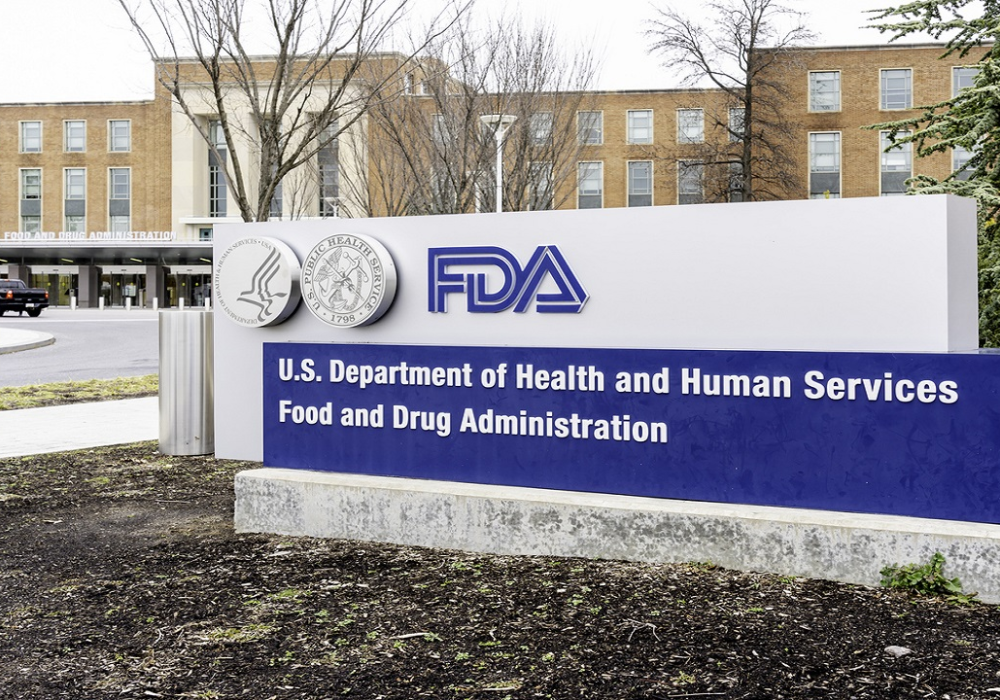Cytalux (pafolacianince), a drug that binds to ovarian cancer tissue and glows when exposed to fluorescent light, has been approved by the U.S. Food and Drug Administration (FDA) to help surgeons detect ovarian tumors during surgical procedures in patients.
A Purdue University spokesperson told Fox News that Philip Low, Purdue University’s Presidential Scholar for Drug Discovery, invented the drug. Low described in a press release that when a surgeon turns on the near-infrared light during the surgery, “those lesions light up like stars against a night sky.”
“While many surgeries result in complete resection of all cancer tissue, a substantial fraction unfortunately leave buried or concealed tumor tissue behind, often resulting in recurrence of the cancer and sometimes even death,” Low told Fox News.
EXPERIMENTAL DRUG BOOSTS IMMUNOTHERAPY TREATMENT OF PANCREATIC CANCER IN MICE
He added: “To help prevent the latter outcomes, we have designed a cancer-targeted fluorescent dye that homes specifically to cancer cells that express a folate receptor and causes them to fluoresce brightly upon illumination with near infrared light.”
Low explained that cancer cells require folate, a B vitamin, to divide rapidly, so he invented the drug that tagged a folate compound with a fluorescent dye. The drug is administered intravenously to a patient before surgery.

Washington, D.C., USA- January 13, 2020: FDA Sign at its headquarters in Washington DC. The Food and Drug Administration (FDA or USFDA) is a federal agency of the USA.
“Cancer cells have an enormous appetite for this vitamin,” Low said in the release, “and we exploited their greed for folic acid by attaching a fluorescent dye to it.”
Low told Fox News that when the illumination occurs, the surgeon can locate and resect malignant lesions that he or she might otherwise have overlooked during the surgery.
A spokesperson for the University of Pennsylvania Health System told Fox News that while Purdue’s Phil Low synthesized the drug, Researchers at the school were the principal investigators for the Phases 1, 2 and 3 of trials and found promising results. Dr. Sunil Singhal, along with colleagues at the Center for Precision Surgery in the Abramson Cancer Center at the University of Pennsylvania in partnership with On Target Laboratories, led one of the largest clinical trial sites in the country for Cytalux, according to the spokesperson.
FDA TO SCRUTINIZE UNPROVEN CANCER DRUGS AFTER 10-YEAR GAP
“By using a fluorescent dye that binds to cancer cells, making them glow during surgery, surgeons can identify and resect as much of a patient’s tumors as possible and improve prognosis,” Singhal, director of the Center for Precision Surgery at the Abramson Cancer Center at the University of Pennsylvania said in release.
In the randomized, multi-center Phase 3 study, 134 adult women who were administered Cytalux intravenously prior to surgery, were evaluated under both fluorescent and normal light. The release stated that in the group, 27% had at least one cancerous lesion detected that was not discovered by standard inspections through sight or touch during surgery.

The university researchers said this new technology provides surgeons with a guide that goes beyond what is seen with the naked eye or touch, especially when the lesions are small, according to the release. They also stated that it will help surgeons remove cancerous tissue in a more precise manner, while sparing the removal of healthy tissue. The newly approved dye also helps detect cancerous lymph nodes.
“Lighting up cancer, which helps to identify lesions that may be difficult to find — especially in the presence of scar tissue or other organ damage — enables more complete identification and surgical removal of cancer that could have otherwise been missed,” Janos L. Tanyi, principal investigator at the University of Pennsylvania’s clinical trial site for Phase 2 and Phase 3 studies, said.
CLICK HERE TO GET THE FOX NEWS APP
Tanyi, who is also an associate professor of obstetrics and gynecology in the Perelman School of Medicine at the university also said that this new FDA approval will offer promise for improved outcomes in patients with ovarian cancer, who face a high risk of recurrence after initial treatment.

Scientist prepares protein samples for analysis in a lab at the Institute of Cancer Research in Sutton.
(Reuters)
The investigators said in the release that only 20% of ovarian cancers are detected early because it is either asymptomatic or the symptoms mimic common gastrointestinal, bladder or bowel issues. By the time most women receive their diagnosis, the investigators said the disease has advanced, and most patients require surgery to remove tumors along with chemotherapy, according to the report.
Cytalux is the first tumor-targeted fluorescent agent for ovarian cancer approved by the FDA.
On Target Laboratories will release the drug under the brand name Cytalux.












